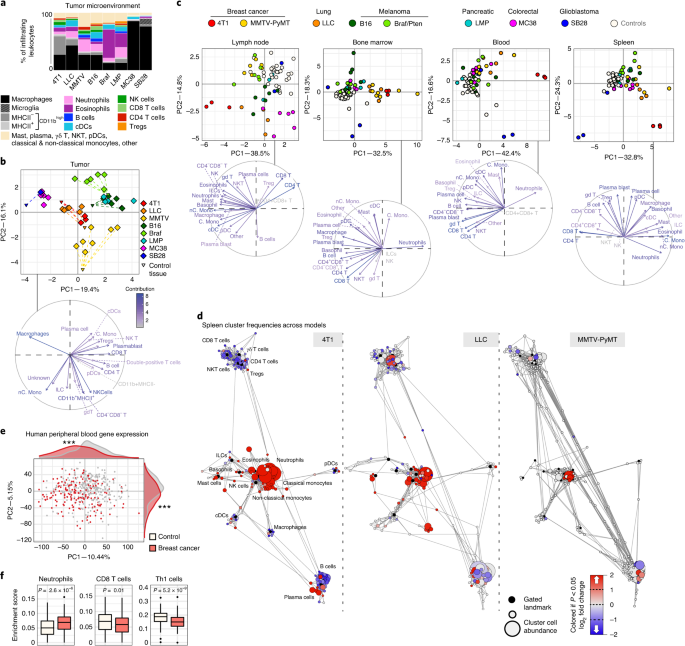
- Select a language for the TTS:
- UK English Female
- UK English Male
- US English Female
- US English Male
- Australian Female
- Australian Male
- Language selected: (auto detect) - EN
Play all audios:
Soon after turning 50, Robert Andrew noticed changes in the taste of foods. “At first, it was faint, as if the edges of flavors were softened, and everything appeared less colorful or
tasty,” says the 54-year-old from East Providence, Rhode Island. The issue grew more noticeable over time, and he’s since realized that even his favorite meals no longer make him feel as
satisfied as they used to. “Foods that I once enjoyed, such as a well-cooked steak or a favorite dessert, now seem more like textures with subtle taste undertones,” he says. To compensate
for his diminished sense of taste, he focuses more on textures, preparing foods that are warm, creamy or crispy, which he says have helped to stimulate his senses. “I can still taste
flavors, especially strong ones like citrus, chili or garlic, thanks to using more spices and condiments,” he adds. 3 THINGS TO EXPECT Taste buds on the tongue have cells that detect stimuli
(sweet, salty, sour, bitter or savory), then transmit signals to the brain through your nerves, which process the taste in your central nervous system. But you can’t taste your food well
without your sense of smell. It’s estimated that between 75 percent and 95 percent of what we perceive to be taste is actually our olfactory system doing its thing. (Many people reported
losing their sense of taste after contracting COVID-19, but recent research suggests that the sense of smell, not taste, was the greater culprit.) HOW YOUR SENSES CHANGE WITH AGE While
you’re eating, smells from the food are released from the mouth into the nasal cavity, which plays a crucial role in helping you taste your food. “So many people who lose their sense of
smell go to a doctor and say, ‘Oh, my food doesn’t taste like it used to.’ And this is most likely a misattribution,” says Valentina Parma, assistant director of the Monell Chemical Senses
Center in Philadelphia. “People tend to lose their sense of smell, which affects the way we perceive flavor, and we tend to talk about it as if it were taste.” So if your sense of taste or
smell diminishes, both of which can naturally happen with age, it’s likely you’ll notice a change in how foods taste. 1. FLAVORS MAY DIMINISH Over time, the number of taste buds on the
tongue decreases. “As those taste buds disappear, we become less sensitive to flavors and develop a reduced sense of taste,” says Monica Mahajan, M.D., medical director of the Center for
Better Aging at St. Bernard Hospital in Chicago. At the same time, existing taste buds become less effective at detecting flavors; you may notice that your favorite dessert has begun to
taste less sweet. This can begin in our 50s, although women may notice it as early as their 40s. More than 70 percent of people ages 57 to 64 have measurable changes in their sense of taste.
2. OUR NOSES BECOME LESS SENSITIVE Your sense of smell comes from olfactory receptor neurons — nerve cells that detect odors, then send signals to the brain. These nerve cells start dying
off in your 50s, and the process accelerates with age. (Some loss of smell can be temporary, like when you have a cold or COVID.)







